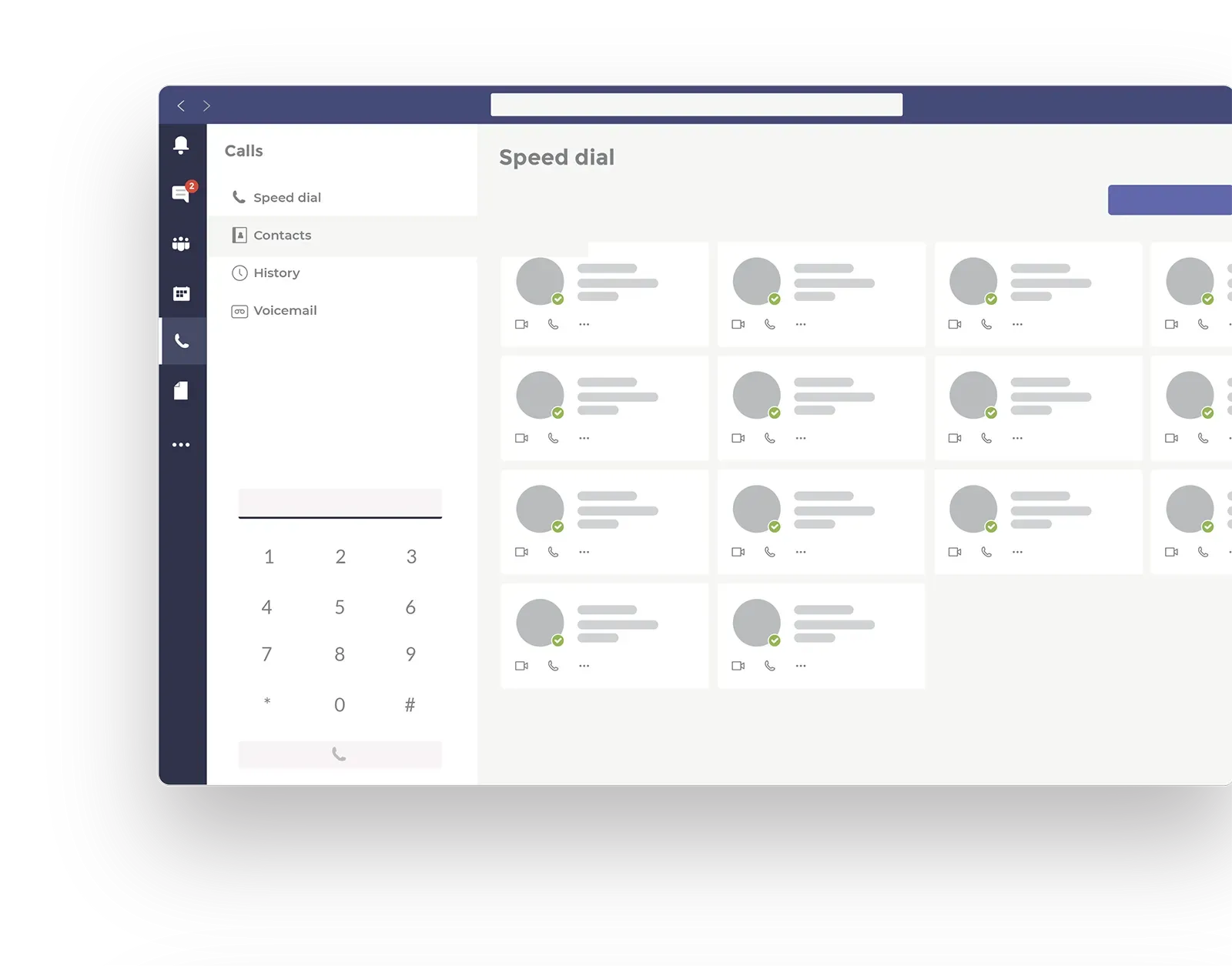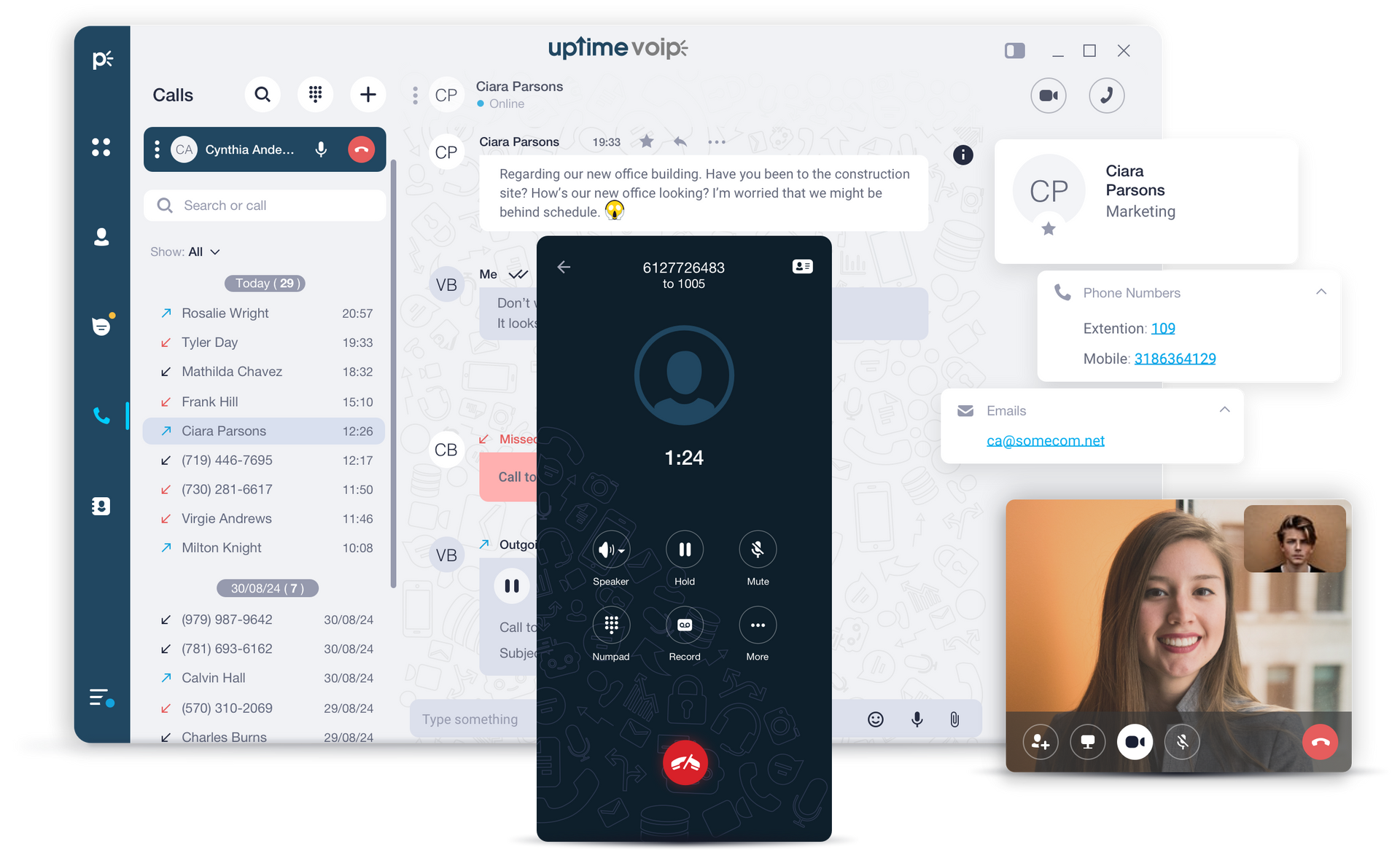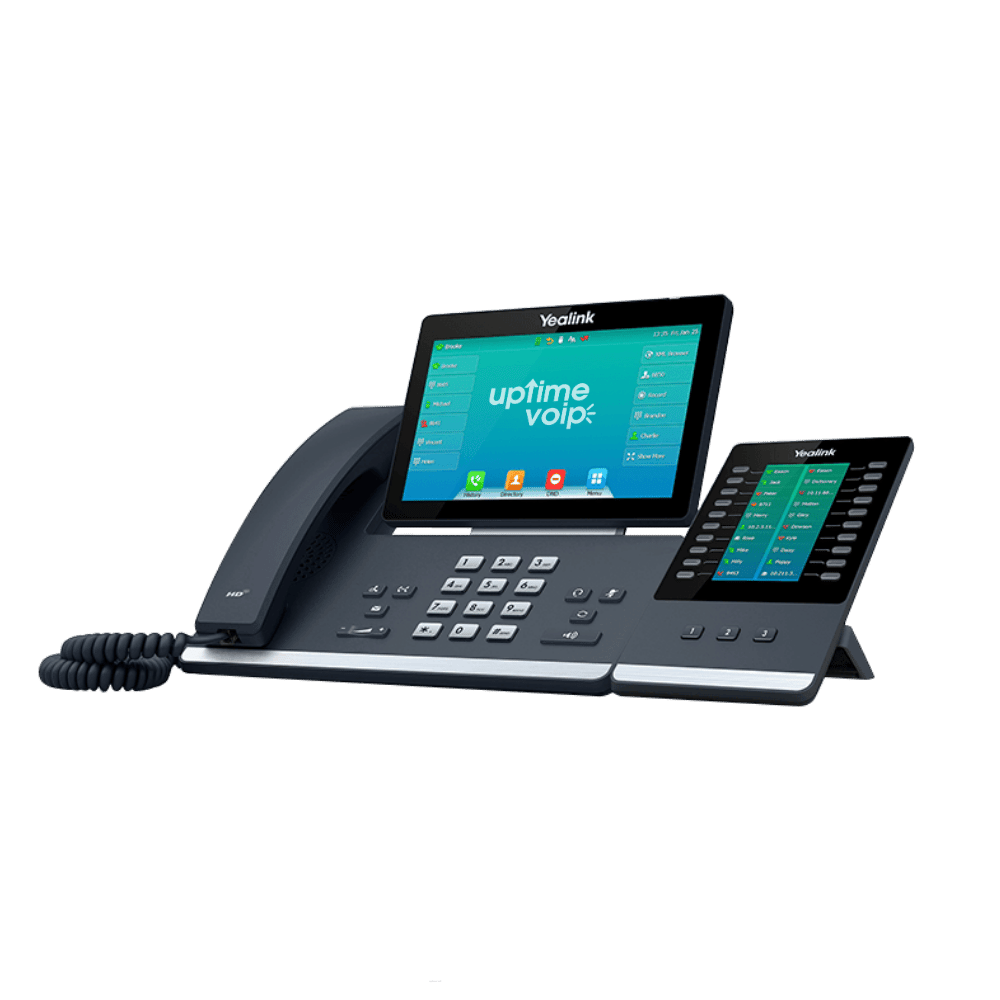How much does a small business phone system cost with Uptime VoIP
In today's digital age, having a reliable and feature-rich phone system is crucial for small businesses looking to maintain competitive communication capabilities. If you're considering an upgrade or setting up a new phone system, understanding the costs involved is an essential first step. Let’s break down what small business phone systems typically cost and how Uptime VoIP offers a cost-effective and feature-packed solution.
______
Traditional Phone System Costs
How much do business phone systems cost? Traditionally, small business phone systems can be a significant overhead. Costs range from $40 to $100 per line, which generally does not include advanced functionalities. Traditional setups involve per-line billing, where each line is an individual unit that can drive up the monthly costs considerably, especially as your business grows.
______
Uptime VoIP - A Cost-Effective Alternative
At Uptime VoIP, we approach pricing differently to better serve small businesses. Instead of per-line billing, we offer per-user billing, starting at just $24.50 per user per month. This model is not only more straightforward but also more scalable and manageable for businesses of any size. Our per user cost covers your desk phone, mobile app, computer softphone and even your home office phone!
______
Per User Billing vs. Per Line Billing
Businesses transitioning from traditional phone systems will find modern solutions like VoIP more flexible and feature-rich:
- Per User Billing: Our per-user fee includes access to one phone number and unlimited calls in the US and Canada. Importantly, 'phone number' in this context refers to the ability to have a unique direct number, not to be confused with a traditional 'phone line' that limits simultaneous calls. Our system allows unlimited active calls, both inbound and outbound, ensuring no customer ever hears a busy signal. Each user can be part of unlimited call queues or auto-attendants.
- Per Line Billing: Traditional systems charge per line, limiting the number of simultaneous calls that can be made or received. Each additional line increases the monthly cost, often without adding the comprehensive features that modern businesses need. Support is usually charged hourly and it is not intuitive to make changes yourself.
______
Cost-Effective General Area Phones
For businesses needing basic setups in less frequently used spaces, such as lobbies or warehouses, Uptime VoIP provides general area phones at $10 per month for every three professional seats purchased. This option allows for economical scaling of your phone system according to specific business needs.
______
Inclusive Advanced Features
Uptime VoIP's pricing includes numerous advanced features that traditional phone companies usually charge extra for:
- Auto Attendants: Create a professional first impression with automated greetings and routing options for incoming calls.
- Call Queues with Advanced Routing: Direct calls efficiently to the staff best equipped to handle them, enhancing customer service and internal workflow.
- Music on Hold and Voicemail to Email: Keep callers engaged with music on hold and ensure no message is missed with voicemail automatically forwarded to email.
- Intercom Functionality: Enhance internal communication with easy-to-use intercom features across your office.
- Unlimited Changes and Support: Make unlimited changes to your setup without additional costs. Whether it’s adding employees or setting up speed dials, manage it easily through our portal or by giving us a call — all for free.
______
Geo-Redundant Hosting
We host your entire phone system offsite in a geo-redundant setup across three data centers countrywide. This means there’s no need for an onsite controller, reducing both your infrastructure costs and redundancy concerns.
______
Conclusion
For small businesses, Uptime VoIP provides not just a phone system, but a comprehensive communication solution that adapts to your needs without the hefty price tag of traditional phone systems. How much do business phone systems cost? With our scalable,
user-based pricing and a suite of included features, Uptime VoIP ensures that your communication costs are predictable and packed with value. Ready to upgrade? Click below to find out how we can help transform your business communications today.












